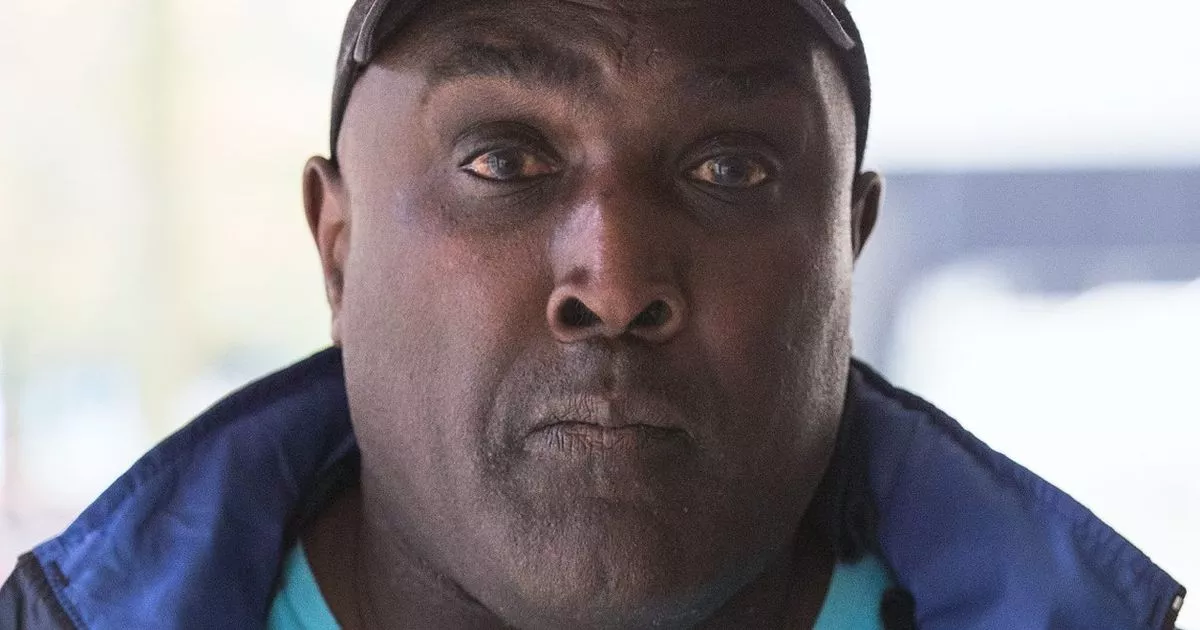The man who was banned from squeezing muscles is akin to an urban myth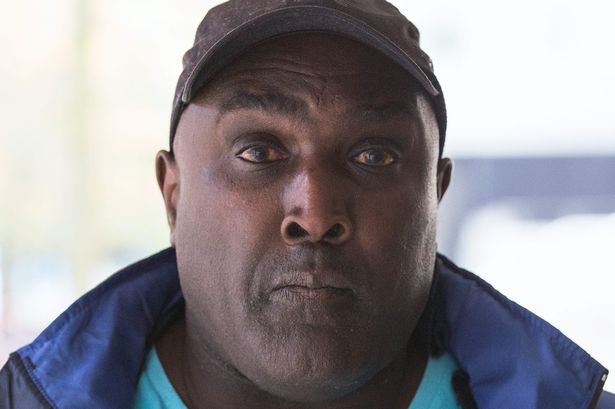 Akinwale Arobieke has died aged 64(Image: Joel Goodman)
Akinwale Arobieke has died aged 64(Image: Joel Goodman)
He was the ‘modern-day bogeyman’ of the North West – the notorious bodybuilder born in Manchester who was ‘obsessed’ with young men’s muscles. But gaining despite national media attention and an unwanted profile online, the man is akin to an urban myth.
Akinwale Arobieke, often referred to by a racist nickname, has now been found dead, aged 64, at his home in Liverpool. Merseyside Police said he was pronounced dead at the scene on Tuesday (August 26) in what are believed to be non-suspicious circumstances.
He spent years in prison for harassment and was later jailed for breaching a court order which explicitly banned him from touching muscles, among other things. However, the 6ft 5in bodybuilder repeatedly claimed he was the victim of a ‘modern-day witch hunt’.
Three years ago, he received a ‘substantial’ out-of-court pay-out from Greater Manchester Police who he accused of picking on him.
Get news, views and analysis of the biggest stories with the daily Mancunian Way newsletter – sign up here
It came after he pulled of an extraordinary courtroom victory in 2015 which saw his ten-year ban on touching men’s biceps lifted.
During the court hearing, he promised to ‘reinvent’ himself, decrying his profile that had grown even larger in the internet era.
But for years, passers-by would still snap surreptitious pictures of him on their smartphones – and in some cases, ask for a selfie.
False rumours of his death have occasionally swirled around on social media in recent years. But this time, the rumours are true.
‘Strange and obsessive’
According to his birth certificate, Akinwale Oluwafolajimi Oluwatope Arobieke was born on 15 July 1961 at Manchester’s Crumpsall Hospital. At the age of six months, he was placed in care and spent time in a children’s home in Llandudno, the BBC has reported.
In a 2016 documentary titled The Man Who Squeezes Muscles, the broadcaster said that, as a young man, he went from job to job.
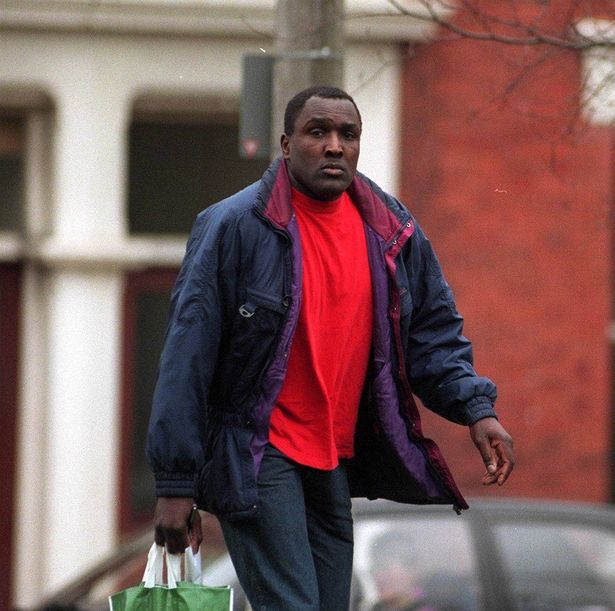 Akinwale Arobieke was notorious in the North West
Akinwale Arobieke was notorious in the North West
Stories about Mr Arobieke spread across Liverpool in the 1980s where he gathered a string of convictions, the ECHO reports.
These stories would spread across the North West where teenagers would often speak of a man who had asked to feel their muscles.
Then, in 1986, a young man, Gary Kelly, was electrocuted at New Brighton station while allegedly running away from Mr Arobieke.
Mr Arobieke was convicted of manslaughter, but the decision was later overturned at the Court of Appeal when senior judges ruled he had not acted unlawfully.
Merseyside Police would later launch Operation Ice, an investigation into Mr Arobieke’s behaviour, in which the force interviewed 123 people from Newcastle upon Tyne to South Wales, although much of the inquiry focused on the North West, according to the BBC.
As part of its BBC Three documentary, the broadcaster found that Operation Ice established a pattern of behaviour by Mr Arobieke.
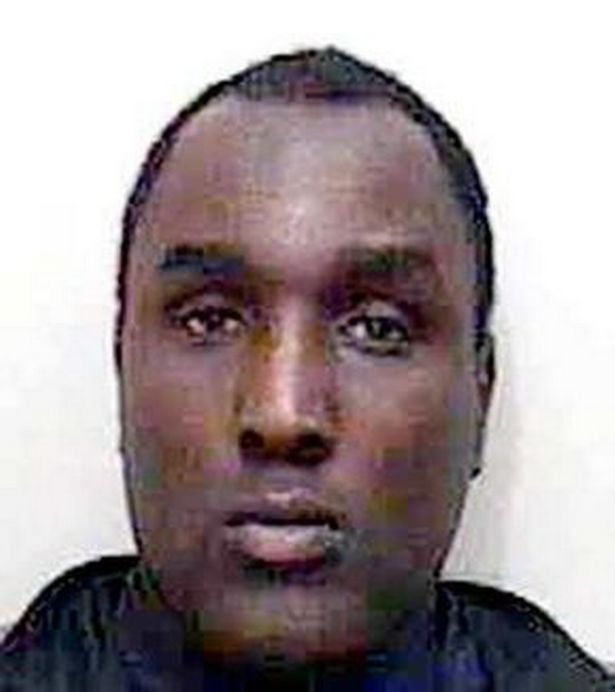 Akinwale Arobieke gathered a string of convictions
Akinwale Arobieke gathered a string of convictions
“He would approach young men at gyms, sports clubs and colleges and ask to feel their muscles,” a BBC article released alongside the documentary in 2016 said. “Some he asked to squat.
“Mr Arobieke would also ask young men to stand with their arms extended in a ‘scarecrow’ position, and then lift them from behind.
“He would also use a tape measure to measure their calves, thighs and chest.”
Mr Arobieke was also found to have have carried out ‘detailed research’ into the lives of those he targeted persistently.
Years of allegations eventually led to Mr Arobieke being charged in 2001 with 50 counts of indecent assault and harassment against 14 teenage boys between 1995 and 2000.
He pleaded not guilty, but was later convicted over an unrelated matter of making threats to kill, following an incident which caused a terrified couple to move from their home. He received 30 months in jail.
Arobieke was imprisoned for a further six years following his guilty pleas to 15 counts of harassment and one count of witness harassment in 2003.
Judge Edward Slinger said at the time: “Your behaviour is both strange and obsessive.”
Court battles
On his release in 2006, Arobieke was handed a Sexual Offences Prevention Order (SOPO) which banned him from specific activities.
According to the BBC, the court order banned him from touching, measuring or feeling muscles and asking people to do squat exercises in public; feeling muscles in private without consent; loitering around or going into gyms and sports clubs; talking to anyone under 18 on purpose; entering a school or university without permission; driving or being a passenger in any car other than a taxi; leaving Merseyside without the chief constable’s permission; and entering St Helens, Warrington or Widnes without police permission.
He was jailed for breaching the order before magistrates made the order indefinite in 2008, the ECHO reports. He later received jail sentences in 2009 and 2010 for breaching the order – however, he was never actually convicted of committing a sexual offence.
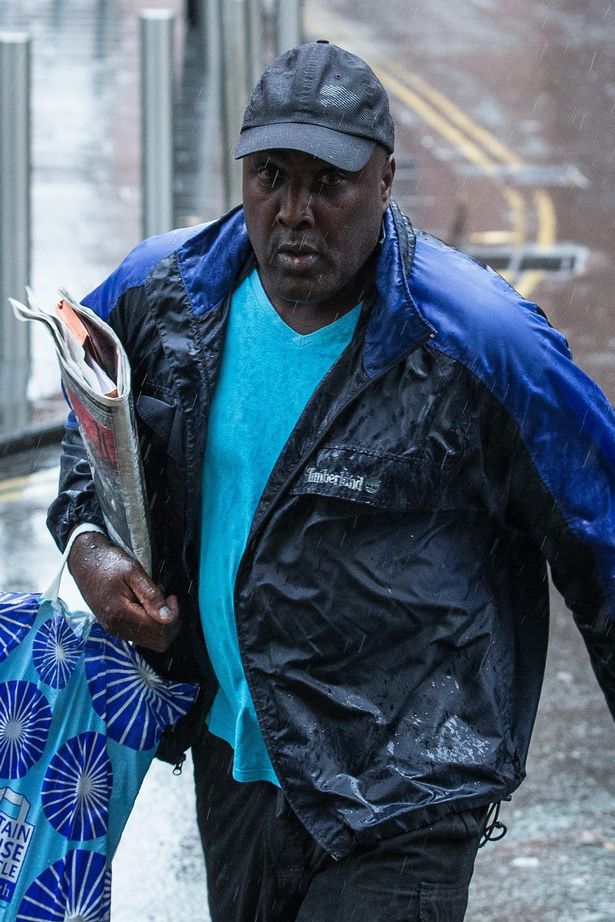 Mr Arobieke appeared in court many times(Image: Joel Goodman)
Mr Arobieke appeared in court many times(Image: Joel Goodman)
In August 2013, he was cleared of breaching his SOPO again by squeezing muscles in Manchester city centre, Bolton and Trafford.
In court, Mr Arobieke admitted he had an ‘unusual interest in muscles’ and the ‘potential of young men to improve their physique’.
However, he always denied his behaviour was sexually motivated. When he was jailed in 2001, Mr Arobieke accepted his behaviour could cause fear, but he told the court that he believed he had a genuine friendship with the young men whom he approached.
In 2015, he pulled off an extraordinary courtroom victory which saw his ten-year ban on touching men’s muscles lifted. In court, Judge Mansell said he was first given the breach proceedings to deal with ‘because he was one of the few’ who hadn’t heard of him.
“When I was released in 2006 I wanted to move forward,” Mr Arobieke told the judge, “but the SOPO put in place was horrendous, to put it bluntly. I was never able to move forward. It made my life a misery.
“I can and will conduct myself properly. I don’t want to come back before the courts. I’m not going to wander the streets causing havoc.”
 Mr Arobieke denied any sexual motivations(Image: Facebook)
Mr Arobieke denied any sexual motivations(Image: Facebook)
The judge then asked Mr Arobieke why he had flouted the order.
“It’s a combination of a lot of things”, he replied. “Nobody likes to be told they can’t do something. I want to calm down now.
“I want to bring my profile down,” he added. “I don’t think the issue is me as a person, I think the issue is me as a profile.”
‘A witch-hunt’
Mr Arobieke continually accused police of a witch-hunt, insisting officers have alleged offences that simply never happened.
In 2018, Mr Arobieke claimed he was being picked on by police after being hauled into court for not wearing his seatbelt. He was found not guilty of the traffic offence after a trial.
In an interview with the ECHO in 2014, the he revealed how he spent almost two years in jail awaiting charges that were either dropped or from which he was acquitted.
The 6ft 5in body builder said he had been repeatedly arrested and remanded in custody – yet none of the charges had led to convictions.
That includes his arrest at Manchester’s Royal Northern College of Music in August 2012 where he was attending a body building competition.
Mr Arobieke was charged with attending an event without reasonable excuse against the terms of his SOPO. But in September 2012. Following six weeks in prison, the Crown Prosecution Service dropped the case.
Less than a fortnight later, Mr Arobieke and TDI Hughes’ paths crossed again at a body building show in Birmingham. TDI Hughes reported Mr Arobieke to police.
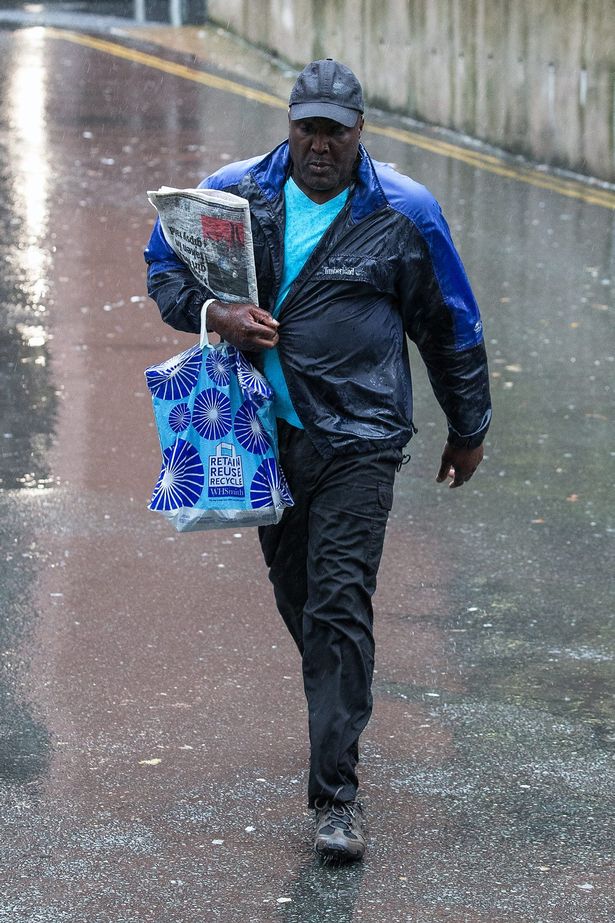 Mr Arobieke received a pay-out from GMP(Image: Joel Goodman)
Mr Arobieke received a pay-out from GMP(Image: Joel Goodman)
Mr Arobieke made a formal complaint at Oldham police station about TDI Hughes’ conduct.
The investigation upheld a complaint against both officers, ruling they had done nothing unlawful but would be given words of advice over handling complaints. That mishandled complaint was to form part of a charge against Mr Arobieke of harassing TDI Hughes.
Mr Arobieke spent the next nine months on remand. He was cleared of all eight charges of breaching his SOPO.
Then, three years ago, Mr Arobieke received a ‘substantial’ out-of-court settlement from Greater Manchester Police after claiming he had been ‘unfairly treated’. He had sued the Chief Constable of GMP for malicious prosecution and misfeasance in public office.
But just weeks before the trial was due to take place at Manchester County Court, he received a pay-out from the force ‘without admission of liability’. In his civil claim, he alleged he was targeted by two particular officers, who were not publicly named, from 2012.
At the time, Mr Arobieke said: “This has been an ordeal from the outset of the allegations against me and the many years that my civil action has taken to conclude. It has caused me a great deal of anxiety and upset.”
On Wednesday (August 27), Mersey Police confirmed that Mr Arobieke had been found dead at this home in Toxteth, Liverpool.
A Merseyside Police spokesperson said: “We can confirm that emergency services were in the Toxteth area following a non-suspicious death last night, Tuesday 26 August.
“At around 8.30pm, officers were made aware of a man in his 60s being found unresponsive at an address in Devonshire Road, Princes Park.
“He was sadly pronounced deceased at the scene. The man’s death is not suspicious and a file will be prepared for the coroner.”
